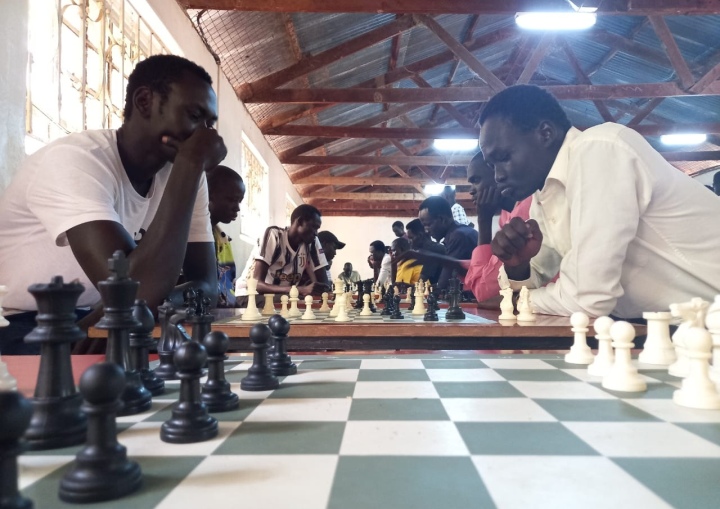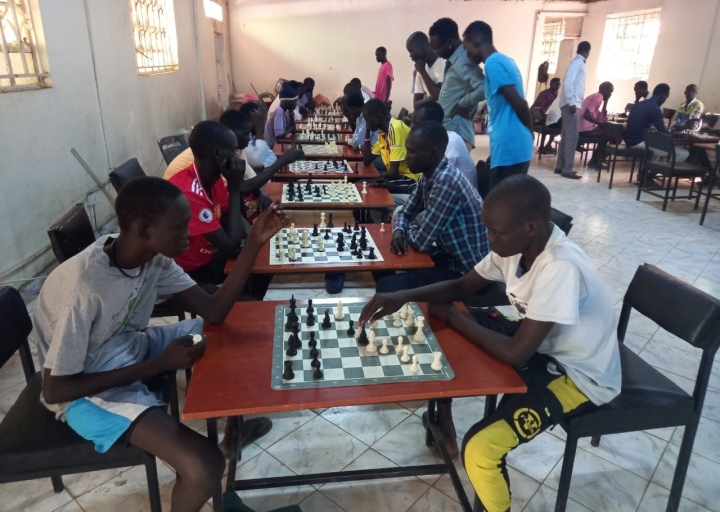Chess for Protection
The Chess for protection project aiming to consolidate and develop the playing of chess in Kakuma Refugee Camp in Kenya starts on August 02.
Chess often serves as a tool for empowerment that helps to enhance the psychosocial wellbeing of people, to reach their full potential, regardless of their background. The game can also make a huge impact in the lives of young people, giving them new learning opportunities and engaging in meaningful activities where they have a chance to heal, develop and grow. These are the aims of the Chess for protection project, implemented by the International Chess Federation, the UN refugee agency (UNHCR), Lutheran World Federation (LWF), Kenya Chess Federation and Kakuma Chess Club is expected to consolidate and develop the playing of chess in Kakuma Refugee Camp in Kenya.

The program aims to raise awareness about the availability of chess as a sport including the opportunities it presents to talented players. It will also provide training to improve players’ knowledge and life skills which will, in turn, be passed to others. Linkages and networks will also be created with the larger chess community in Kenya and globally for greater development of chess in the camp and external opportunities for the professional development of players.
Many young women and girls find it difficult to meaningfully engage in education and extra-curricular activities due to negative cultural norms that often prevent them from equal access to opportunities. Chess for Protection project includes activities of Girl Club Project such as meeting and communicating with successful women, reading and discussing books, painting workshops and many others.

Chess has been predominantly embraced by the youth from Kakuma and currently, 180 club members are actively participating in chess. Building on existing chess activities, the International Chess Federation will further bring in the experience and expertise of chess programs to contribute to the protection and well-being of refugee youth and adolescents and elevate chess to the level of key activities through which young people are engaged.
The project is expected to directly benefit 1.600 learners, with various levels of chess proficiency through online presentations, provision of play materials and equipment, training and mentorship. Further, it is estimated that another 800 individuals from various parts of the camp community at large will be affected indirectly in various positive ways.
